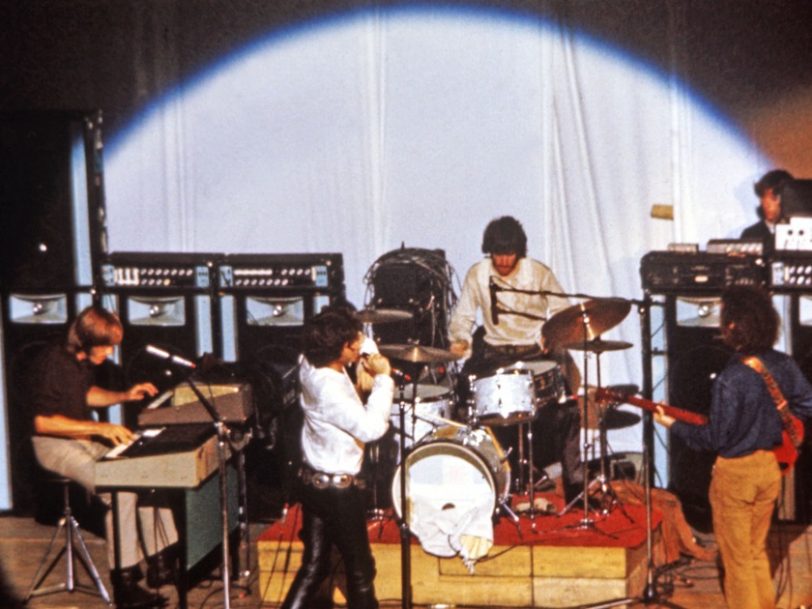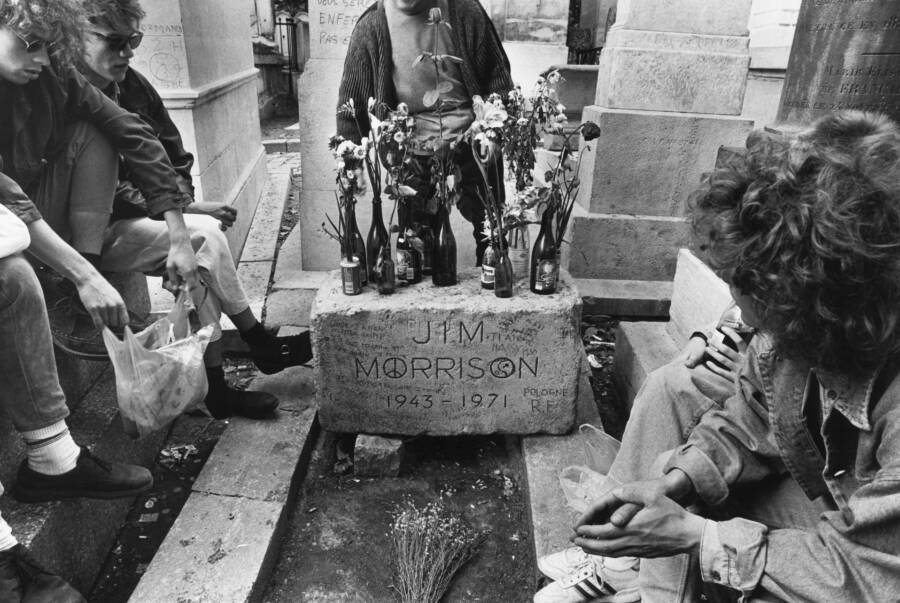Jim Morrison, the charismatic frontman of The Doors, was known for his provocative lyrics, intense stage presence, and rebellious lifestyle. His actions often pushed boundaries and sparked controversy. Here are 7 of his most controversial moments:
- The New Haven Arena Incident: During a concert in New Haven, Connecticut, in 1967, Morrison’s onstage antics and provocative language led to his arrest on charges of obscenity and indecency. The incident sparked debates about censorship and artistic expression.

- The Miami Incident: In 1970, Morrison was arrested in Miami for allegedly exposing himself to a female fan. While the charges were eventually dropped, the incident damaged his public image and fueled rumors about his personal life.
- The “Oedipal Complex” Incident: During a 1968 concert in San Francisco, Morrison made a controversial statement about his relationship with his mother, suggesting an Oedipal complex. This comment was widely criticized and seen as offensive.

- The “Break On Through” Incident: In 1967, during a performance of “Break On Through (To the Other Side)” in New York City, Morrison allegedly simulated masturbation on stage. This act was met with shock and outrage, and the concert was abruptly ended.

- The “L.A. Woman” Album Cover: The cover of The Doors’ 1971 album “L.A. Woman” featured a close-up of Morrison’s face, with his eyes closed and his mouth open. Some critics found the image disturbing and sexually suggestive.
- The “Hotel California” Incident: In 1970, Morrison was reportedly arrested in Los Angeles for urinating on a hotel room window. While the details of the incident remain unclear, it added to his reputation as a wild and unpredictable figure.

- His Death: Morrison’s mysterious death in Paris in 1971 at the age of 27 fueled speculation and conspiracy theories. The official cause of death was heart failure, but many fans believe that he may have died of a drug overdose or other undisclosed circumstances.

These controversies contributed to Morrison’s iconic status and continue to fascinate fans and scholars alike. His legacy as a rebellious and influential figure in rock music remains a subject of debate and discussion.